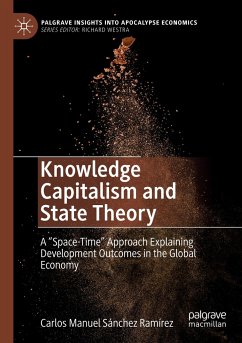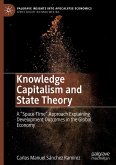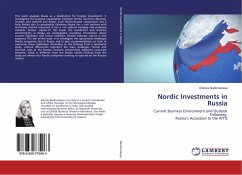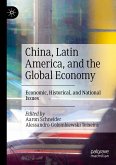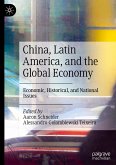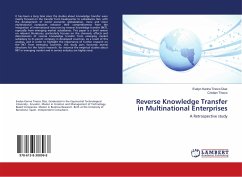The book builds on an important emergent body of discussion which questions, both empirically and theoretically, the conventional neoclassical doctrine that economies are more efficient if the state withdraws from it. It develops a "space-time" approach to state theory as a way of explaining development outcomes in the global economy as the latter increasingly shifts to what is referred to as "knowledge capitalism". It examines two global cases - Finland and China - as expressions of two broad models of successful development punctuated most recently by successful responses to the Covid-19 pandemic. It also contrasts both cases with the unsuccessful development of Brazil and Argentina toward "knowledge capitalism" and the ramifications of that for their efforts to combat Covid-19. This book will be of interest to academics in economics, politics and international relations.

